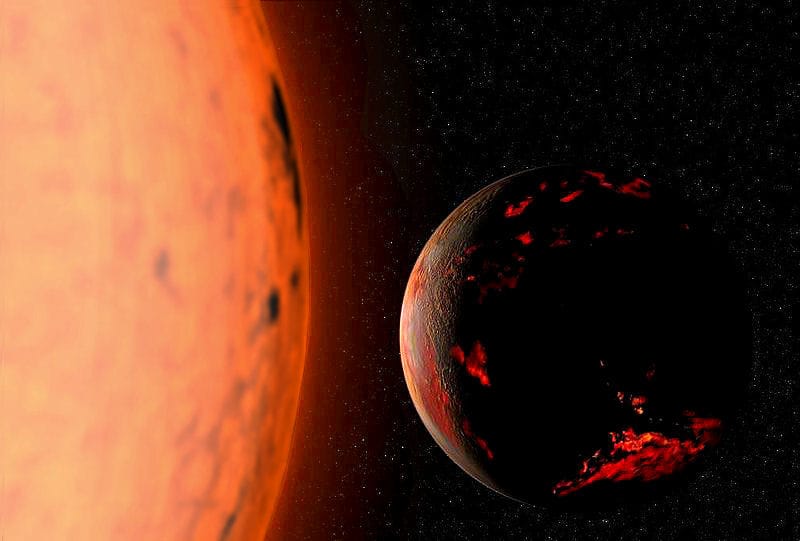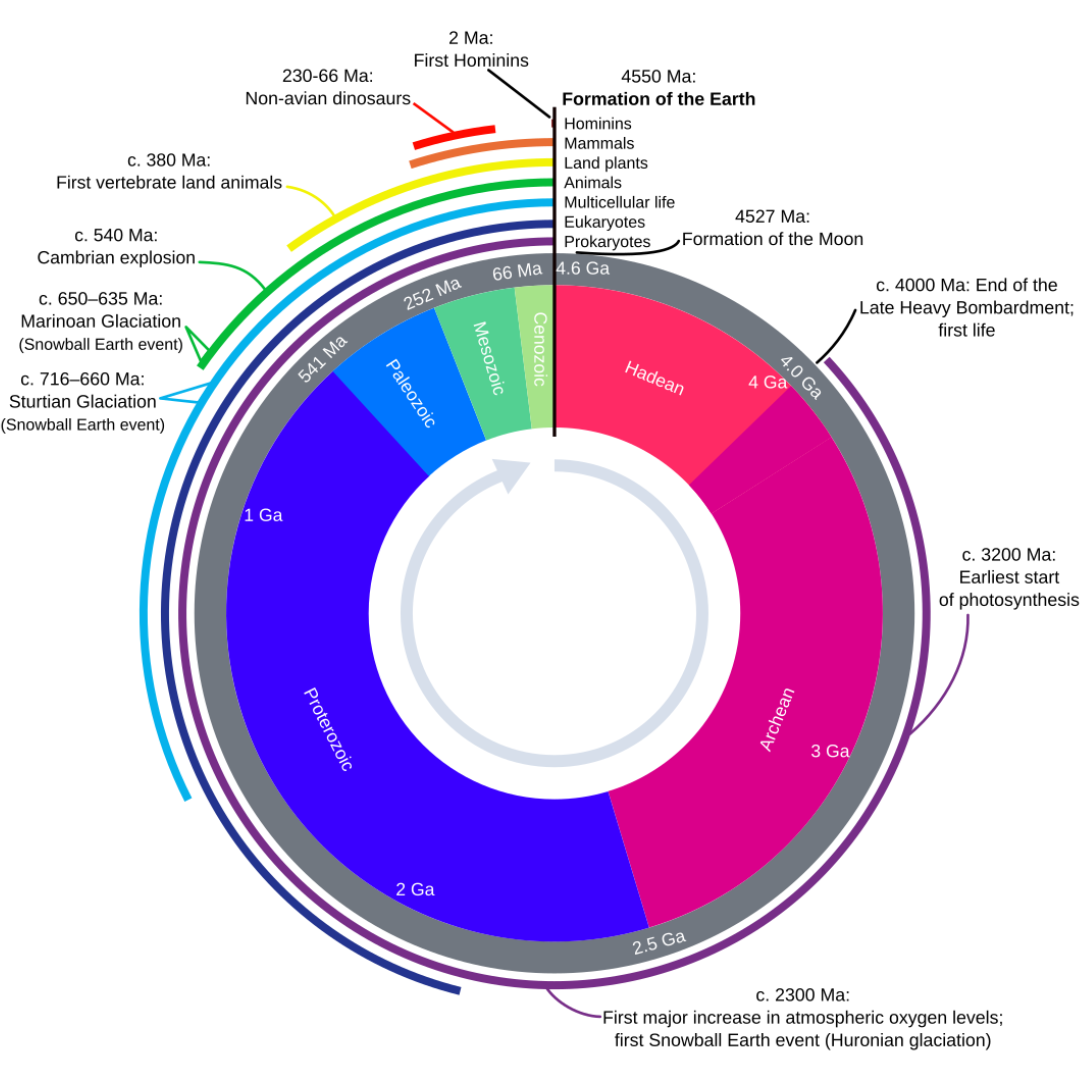Mission

I've previously stated that the general absolute risk is the extinction of the human species. Reflecting on the mutable properties of genetics, I now modify the human species term into human consciousness, defined as the awareness of internal and external existence. Still, the following question remains the same: how could we contribute to minimizing this risk both as individuals and as a society?
Starting point: the world is going to end

The Earth formed 4.54 billion years ago, and in 7.5 billion years, it will be absorbed by the sun when it will enter the red giant phase, expanding beyond the planet's current orbit. Obviously, it could be destroyed sooner in numerous ways, this is the most certain one.
Human consciousness is relatively new

The first hominids were born 2 million years ago, and homo sapiens 200'000 years ago (if the whole history of Earth is one hour, the proportional history of humanity is a blink of an eye🤯). This is to put into perspective its newness and fragility.
Never-ending
The conclusion is straightforward: Earth has plenty of time left, but is limited. The meaning of human consciousness is uncertain, and we probably miss many root questions to figure out a clear purpose. Still, the only way to make sure we minimize our risk of ending consciousness is by expanding into space 🌌.
The beauty of such an objective is that one can contribute to it just by doing their work in an innovative way, making the whole system more efficient and allowing humanity to evolve into space.
This would also have the positive side effect of finding answers to many of our deep philosophical questions. Or maybe, like in the Hitchhiker’s Guide to Galaxy novel, finding the questions we still don't know how to formulate yet.
